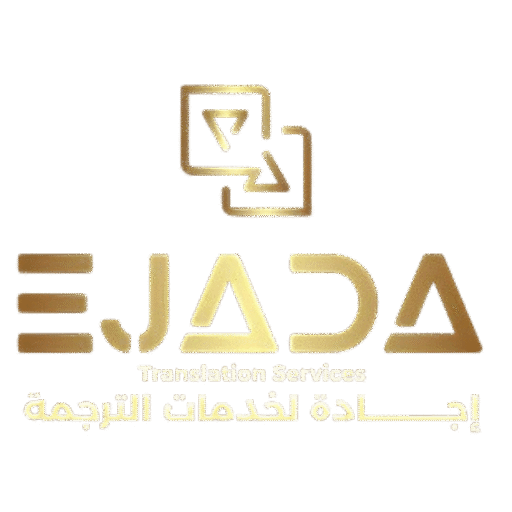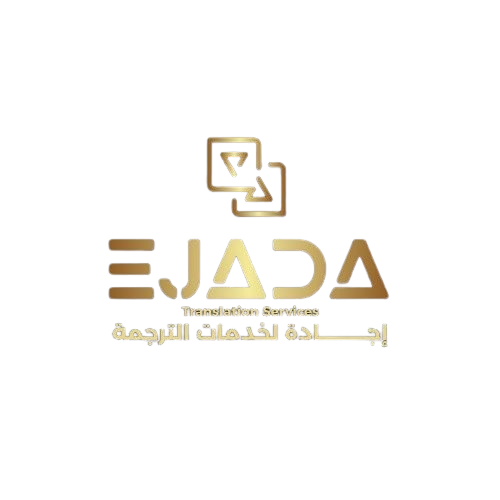With the significant advancements in artificial intelligence technologies, machine translation has become available at the click of a button, and many people use it in their daily lives. But can it be relied upon in official business, legal contracts, medical, and academic fields?
1. Speed vs. Accuracy
Machine translation is fast and effective for some simple applications, but it often falls into the trap of literal translation and a lack of contextual understanding. In contrast, human translators have the ability to analyze meaning and choose the most appropriate expressions based on the cultural and linguistic context.
2. Context Doesn’t Translate Automatically
Words may have different meanings depending on the context. For example, the word “charge” could mean “electrical charge,” “financial charges,” or “attack.” Only a human translator can make the correct distinction based on the sentence and the entire text.
3. Cultural Sensitivity and Professional Expression
Language is not just vocabulary; it carries cultural backgrounds and communication styles that vary from one society to another. Human translation takes these differences into account and produces a text that is understandable, natural, and professional in the target language.
4. When is Machine Translation Used?
Machine translation can be useful for translating simple messages or for general understanding of a foreign-language text. However, it is not suitable for important documents, nor can it be relied upon for official correspondence or professional projects.
At Ejada Translation, we utilize the best human talent to provide accurate, professional translation that takes into account the meaning, context, and intent of every word.


